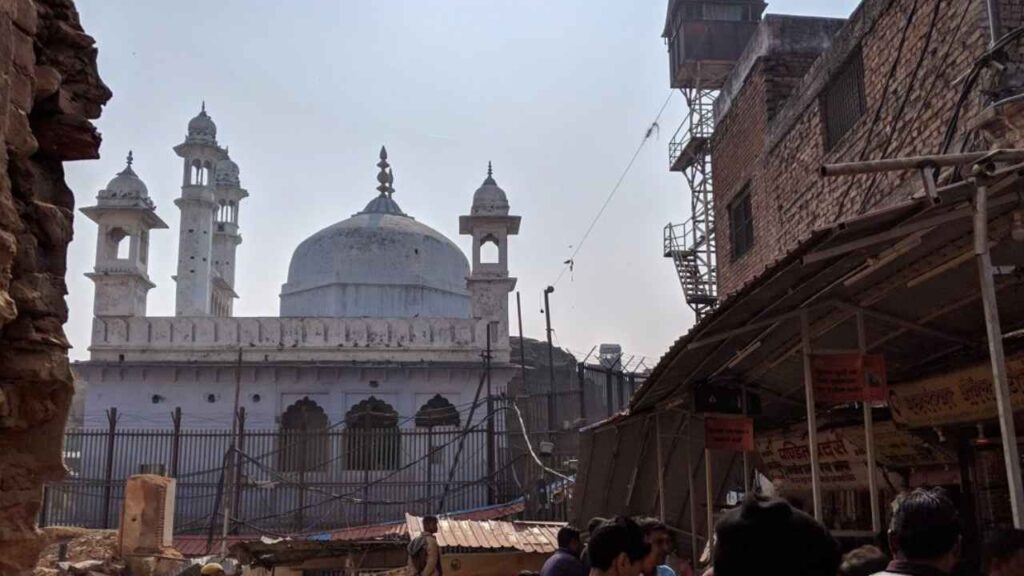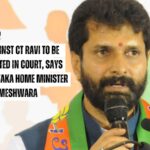In a significant development, a Varanasi court has allowed Hindu devotees to visit the controversial Gyanvapi Masjid. The decision marks the end of a protracted legal battle between Hindu dissidents and the temple’s governing body, Anjuman Intezamia. The Hindutva community said the basement was historically used for worship until November 1993, when the state government, led by Chief Minister Mulayam Singh Yadav, banned religious activities in the area.
The current ruling
The present decision Hindu prayers are allowed in the basement, and the district magistrate of Varanasi is instructed to make the necessary arrangements within a week. The Hindu lawyer, Vishnu Shankar, confirmed the verdict to ANI and added a statement of smoothness and transparency to the case.
The court issued the order on an application by Shailendra Kumar Pathak, a local priest of the Acharya Veda Vyasapeeth temple, seeking rights to worship supposedly visible and invisible deities like Maa Shringar Gauri, which he said had a temple at the bottom of the temple.
Muslims, on the other hand, have been aggrieved by the verdict and have expressed their intention to challenge it in the Allahabad High Court. The development adds another layer to the legal battle over the disputed site, escalating a historic feud that has been going on for years.

Historical Dispute
According to the Hindu petitioners, in the 17th century, the temple was destroyed by the Mughal emperor Aurangzeb to make way for the Gyanvapi temple. However, the Muslim side claims that the mosque was in front of a mosque, raising doubts and complicating the issue. A recent report from the Archaeological Survey of India (ASI), which seems to support the Hindu claim by providing evidence of the temple
Recent judicial decisions
In a recent development, the Allahabad High Court, ruled by Judge Vishvesha, struck down the mosque committee’s efforts to challenge a civil petition to rebuild the mosque on the disputed site, serving as a reminder of how difficult the case is and aspects of the conflicting historical perspectives put forward by both.
The next hearing is on February 8, when the objections from the mosque side can be filed.
Going beyond the surface debate to examine the historical and archaeological resources, the national interest is still perceived as a fierce legal battle and reveals tangled issues relating to religious and cultural heritage in India.









